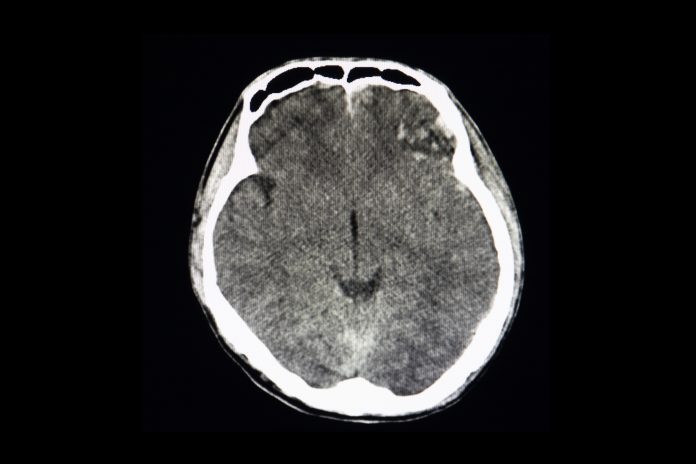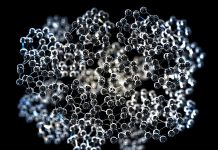An international research team has made a breakthrough in stroke treatment, with a drug that could stop brain swelling without invasive surgery
The University of Exeter published a study in Nature Communications, which explains how a malfunction in the way key proteins are transported could lead to brain swelling, causing immense damage to a person’s physical and mental health.
Dr Jinwei Zhang, Lecturer at the University of Exeter Medical School, led a team including collaborators in China and the US, that has developed the compound. He said:
“Brain swelling after a stroke is a common and devastating problem for individuals and their families. Our discovery could address the urgent need for treatment that could provide an effective alternative to invasive surgery. The drug is still in the laboratory and requires further development. So far it shows promise in effectively reducing brain swelling in stroke, and other brain injuries such as drowning, choking or heart attack.”
How does stroke impact the brain?
Stroke is typically caused by a blood clot in the brain and can lead to death within minutes. In the UK alone, more than 100,000 strokes occur each year, averaging one every five minutes. Currently. Two thirds of stroke survivors leave hospital with a disability, according to the Stroke Association.
A stroke can damage cell volume regulation in the brain, resulting in swelling, a complication that is severe and difficult to treat, currently addressed by the highly invasive surgical procedures of removing part of the skull or inserting a shunt of cerebral spinal fluid. Shunts are particularly susceptible to malfunction and infection, and therefore often require patients to endure a number of repeat operations.
Juliet Bouverie, Chief Executive of the Stroke Association, wrote for us about the significance of the brain during recovery from stroke:
“Of course, the psychological and physical effects of stroke can be heavily intertwined, as often the mental and therefore hidden impacts of a stroke affect a stroke survivor’s ability to work as much as the physical impacts.
“Employers often do not understand the breadth of consequences that a stroke can have on a person; this is symptomatic of the public’s overall lack of stroke knowledge. For example, 14 million people who know a stroke survivor don’t even realise that stroke happens in the brain.”
What is the new breakthrough in stroke drug?
The compound, called ZT-1a, targets a pathway that controls proteins that act as transporters of ions and water in and out of cells. It works by stopping enzymes that activate proteins which bring too much water into the brain. It was tested on mice and rats which had stroke or hydrocephalus, a condition which causes fluid on the brain.
These studies indicate that the compound may be able to stop brain swelling, potentially reducing cases of brain injury and death in a breakthrough in stroke treatment.
Who was in research team?
The work was developed by a consortium of experts in Signalling Transduction (Dr Jinwei Zhang, University of Exeter, UK), Medicinal Chemistry (Professor Xianming Deng, Xiamen University, China), Neurosurgery and Cellular and Molecular Physiology (Dr Kristopher T. Kahle, Yale School of Medicine, USA) and Neurology (Professor Dandan Sun, Veterans Affairs Pittsburgh Healthcare System and University of Pittsburgh, USA).
The international team developed a compound which effectively treats the protein controlling pathway in laboratory tests, opening the future of treatment. Potentially, brain swelling can now be treated more effectively. Right now, there are limited treatment options.
The paper is entitled Modulation of brain cation-Cl- cotransport via the SPAK kinase inhibitor ZT-1a, and is published in Nature Communications. .Authors are Zhang J, Bhuiyan MIH, Zhang T, Karimy JK, Wu Z, Fiesler VM, Zhang J, Huang H, Hasan MN, Skrzypiec AE, Mucha M, Duran D, Huang W, Pawlak R, Foley LM, Hitchens TK, Minnigh MB, Poloyac SM, Alper SL, Molyneaux BJ, Trevelyan AJ, Kahle KT, Sun D, Deng X.











